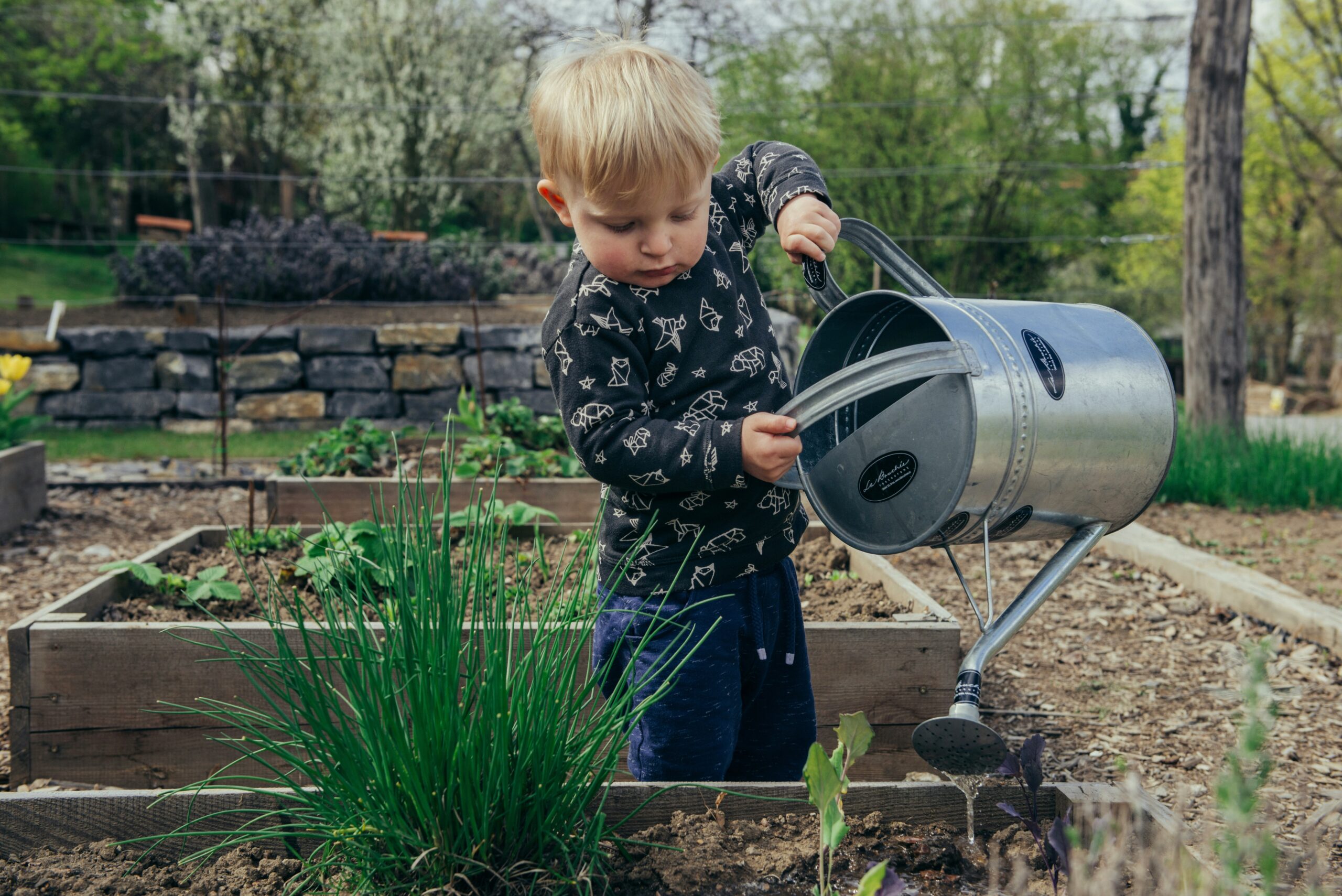(This post may contain affiliate links. Read my full disclosure.)
When most people think about homeschooling, they picture math lessons, history timelines, and stacks of books. But one of the greatest advantages of homeschooling is the opportunity to teach your child real-world skills that will serve them long after they graduate. Life skills build confidence, independence, and responsibility—things no worksheet can fully provide.
Here’s a list of 50 valuable life skills you can begin teaching your homeschooler today.
Household & Daily Living Skills
1. Doing laundry – Teach them how to sort colors, use the washing machine, and fold neatly.
2. Cooking basic meals – Start with simple recipes they can master on their own.
3. Washing dishes properly – Handwashing and loading/unloading the dishwasher are essential.
4. Sweeping, vacuuming, and mopping – A clean space teaches responsibility and respect for shared areas.
5. Making the bed – A small task that sets the tone for an organized day.
6. Organizing personal belongings – Keeping track of clothes, toys, and supplies helps build responsibility.
7. Sewing on a button or mending clothes – A simple skill that saves money and teaches resourcefulness.
8. Basic first aid – Bandaging cuts, knowing when to seek help, and basic safety awareness.
9. Grocery shopping and meal planning – Writing a list, comparing prices, and sticking to a budget.
10. Food safety – Understanding expiration dates, proper storage, and handwashing habits.
Money & Financial Skills
11. Counting and handling money – Practice with real-world transactions.
12. Understanding needs vs. wants – Helps kids learn to prioritize spending.
13. Creating a simple budget – A beginner’s guide to managing allowance or earnings.
14. Saving for a goal – Teaches patience and delayed gratification.
15. Using a bank account – Basics of checking and savings accounts.
16. Writing a check or online banking safety – Even in a digital age, these are essential.
17. Understanding credit – How borrowing works and why debt should be handled wisely.
18. Smart shopping – Comparing prices, reading labels, and finding deals.
19. Paying bills – Even a mock practice helps prepare teens for adulthood.
20. Introduction to taxes – Understanding where taxes go and why they matter.
Communication & Social Skills
21. Basic manners – Saying “please” and “thank you,” making eye contact, and polite introductions.
22. Phone etiquette – How to answer politely and leave a clear message.
23. Writing professional emails or letters – An essential skill in the modern world.
24. Listening skills – Learning to focus and respond thoughtfully in conversation.
25. Conflict resolution – Handling disagreements respectfully.
26. Public speaking basics – Giving a short presentation or speech.
27. Teamwork – Working together on projects or group activities.
28. Customer service skills – Ordering food, asking for help, or returning items.
29. Interview skills – Practice with mock interviews builds confidence for future jobs.
30. Social media responsibility – Navigating digital spaces with wisdom and safety.
Practical & Survival Skills
31. Cooking outdoors – Campfire basics and simple recipes.
32. Reading a map – Understanding directions without GPS.
33. Using public transportation – How to read schedules, buy tickets, and stay safe.
34. Bike safety and repair – Checking brakes, inflating tires, and riding responsibly.
35. Car maintenance basics – How to check oil, pump gas, and change a tire.
36. Emergency preparedness – Fire drills, weather safety, and knowing emergency contacts.
37. Water safety and swimming – Essential for safety and confidence.
38. Basic home repairs – Changing lightbulbs, plunging a toilet, and tightening screws.
39. Gardening – Learning how to grow food and care for plants.
40. Using basic tools – Hammers, screwdrivers, and wrenches in supervised practice.
Personal Growth & Independence
41. Time management – Creating schedules and sticking to routines.
42. Goal setting – Writing down goals and breaking them into manageable steps.
43. Self-care and hygiene – Daily habits like brushing teeth, showering, and grooming.
44. Stress management – Breathing exercises, journaling, and finding healthy outlets.
45. Decision-making – Weighing options and making thoughtful choices.
46. Developing grit – Encouraging perseverance when things get hard.
47. Digital literacy – Navigating the internet safely and effectively.
48. Volunteering – Serving others teaches empathy and responsibility.
49. Hospitality skills – Hosting guests, setting the table, and making others feel welcome.
50. Learning how to learn – Researching, asking good questions, and finding solutions independently.
Academics matter, but life skills are what carry our children confidently into adulthood. By weaving these lessons into your homeschool days, you’re giving your child tools they’ll use for a lifetime. You don’t need to teach all 50 skills at once—start with just a few and build from there.
I had to run a few errands the other day and brought Big Bear with me. He went to a washateria for the first time and loaded quarters into a huge machine, (he did his literature work at a washateria table while waiting for our rug to be done), mailed a package with me inside the post office, and learned about going inside to prepay at a gas station before pumping gas. Add those skills on to the list of life skill ideas!
Which of these skills will you start teaching your homeschooler this week? Want more ideas? Check out this best seller HERE!




